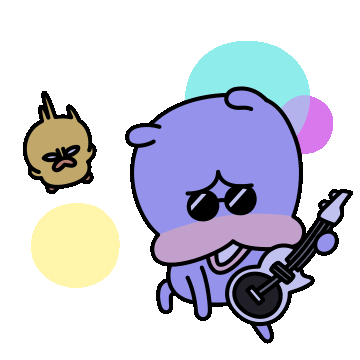What does 'Hyung / Hyeong' mean in Korea
What does 'Hyeong' mean in South Korea?

형 (Hyeong) : Older Brother / Big Brother / Bro
| ㅎ | H |
| ㅕ | Yeo |
| ㅇ | ~ ng * First sound ㅇ doesn't have sound Last sound ㅇ sounds '~ng' ex. 오빠 ( + O + PP + A) 형 (H + Yeo + ~ng) |

- Hyeong [Noun]
Hyeong or Hyung are both accurate since it is only a romanization word to pronounce the Korean word. But as you know you cannot pronounce a foreign language based on English because different languages don't always have the perfectly matching sound with the other language's pronunciation system.
It's like you cannot read the brand name 'CHANEL' as 'CHAE-NL [ˈtʃænl ]'.
The best way to understand the Korean word is pronouncing the word base on Hangul (Korean Alphabet)
1. when the younger brother is calling the older brother (Biological brother)
ex.
"Bro, where are you going?"
"형, 어디가?"
[Hyeong, EoDiGa?]
2. when the younger person calls the person who is older (Stranger or who is close enough)
ex.
"Can I call you 'Bro' from now on?"
"이제부터 '형'이라고 불러도 될까요?"
[iJeBuTeo 'Hyeong' iRaGo BulLeoDo DwelKKaYo?]
'Hyeong' can be used by the younger male, to call the older male in a friendly way.
There are certain ways to call the person depending on that person's age and gender in S. Korea.
"Hyeong"
Younger male > Older male
There's no specific word for younger male so normally just calls that person's name
Older male > Younger male
"OPPa (OBBa)"
Younger female > Older male
There's no specific word for younger female so normally just calls that person's name
Older male > Younger female
"Nuna (Noona)"
Younger male > Older female
There's no specific word for younger male so normally just calls that person's name
Older female > Younger male
"EonNi (UnNi)"
Younger female > Older female
There's no specific word for younger female so normally just calls that person's name
Older female > Younger female
Whenever the older one wants to call the younger one there is a word for the younger one which is '동생(DongSeng)'
But this word doesn't use for calling someone. Usually, this word doesn't use to call that younger person directly but only addresses the status.
ex.
Tom (Older brother), Mark (Younger brother)
Tom : "Mark is my younger brother"
"마크는 내 동생이야."
[MaKeuNeun Nae DongSeng-i-Ya.]
Tom : "Mark"
"마크야"
[MaKeu-Ya]
Mark : "Why bro?"
"왜 형?"
[Woe Hyeong?]
Contents created by. KOCOA Korean Class